Unconventional faces: ‘Stereotypical depictions of beauty are shifting,’ says expert
![The COVID-19 crisis has fuelled important shifts among Gen Z beauty consumers around gender, image and mental health [Getty Images]](https://www.cosmeticsdesign-europe.com/var/wrbm_gb_food_pharma/storage/images/_aliases/wrbm_large/publications/cosmetics/cosmeticsdesign-europe.com/article/2022/08/25/beauty-trends-gen-z-post-covid-show-unconventional-gender-fluid-escapism-important-says-verve/15710946-1-eng-GB/Beauty-trends-Gen-Z-post-COVID-show-unconventional-gender-fluid-escapism-important-says-Verve.jpg)
Even prior to the COVID-19 crisis, young, playful, digitally-saturated global citizens were giving beauty a massive grassroots reboot. Beauty takes like ‘crystal eye makeup’, ‘rockstar girlfriend’, ‘indie sleeze’ and ‘euphoria’ were enjoying favour among the makeup communities of TikTok and Youtube, but even moreso now.
Unconventional beauty that rejected traditional beauty representations and embraced gender fluidity was in, spawned from an ever-agitated melting pot of social media imagery and multicultural influence, according to Kimberly Howard, semiotics director and trends expert at research agency Verve.
People are owning ‘conventionally unattractive signs of beauty’
“It’s a really interesting shift we identified of unconventional beauty being beauty,” Howard told CosmeticsDesign-Europe, especially when viewed through a semiotic lens.
SEMIOTICS
Semiotics, also known as semiology, is the systematic study of signs and sign-using behaviour and investigation into how meaning is created and communicated as a result.
The field centres on the science of interpreting meaning from signs existing within paradigms or realms, such as beauty.
Swiss linguist Ferdinand de Saussure, one of its founders, described it as the study of ‘the life of signs within society’.
“Semiotics reveals how a code represents a particular manifestation of a certain meaning within it,” Howard explained. “So, brands like (New York City-based) Milk Makeup, for example, they have featured models with shaved heads or no eyebrows; intentionally quite crude and messy makeup with sometimes gerning facial expressions. Or models wearing alien masks.
“It all just showcases how stereotypical depictions of beauty are shifting. There's a subcategory of people kind of owning conventionally unattractive signs of beauty, and it being celebrated. So that was a really nice semiotic shift we identified.”
Gender, beauty and mental health merge
Howard said within this shift, traditional gender-focused marketing was also under serious renovation as many brands pivoted to meet the demands of more gender-fluid times, amid greater heed being paid to mental health.
“The distinctions between male and female are obviously blurring – people don’t want to be forced into a particular idea determined by society or culture. They’re considering what is being dictated to them by the world versus what they are feeling.”
Industry could tap into this “middle ground” with products that catered to both men and women, offering “minimalistic design” that wasn’t necessarily “gender-coded”, she said.
“The mental health movement fits in here too as people reflect on the mental health impacts of adhering to all these beauty standards, particularly for Gen Z who are seeking to be much kinder to themselves,” she said.
Escape mechanism – the lipstick effect
And in fraught times defined by social, economic and environmental insecurities post-pandemic, Howard said the role of beauty rituals as a positive form of escapism had gained fresh importance.
“Beauty is definitely a form of escapism,” she said. “People look forward to it when they're going out at the weekend – that whole process of getting your makeup brushes out – and we have access to so many tools now with different types of brushes and big all-in-one kits that are quite affordable. We can enjoy that process of choosing the brush, choosing our colours, colour palettes, and making ourselves feel better.”
And whilst many beauty-from-within products contained ingredients linked with mood improvement, she said beauty rituals themselves were inherently mood-boosting.
“The lipstick effect is powerful – buying ourselves nice things in order to make us feel better,” the Manchester-based analyst said. “But then there’s also escapism in the sense of going into a cosmetics store, an immersive environment, to quite literally escape from reality. And sometimes escape their own identities as well to become somebody else or try out a new identity for a while.”
Rethinking beauty retail
And beauty brands and retailers were rapidly shifting gears to keep up and stay relevant with playfulness and variety moving front-and-centre in the beauty world, Howard said.
“You have large, traditional retailers like Selfridges in the UK increasingly stocking more niche beauty products, and it's very much a minimalistic space where there's small counters for each niche beauty area,” she said.
“And brands like (California-based) Kylie Cosmetics have these pink drips everywhere and it feels quite playful and experimental and almost like a surreal universe in comparison to your conventional beauty counters. That’s something that's growing and perhaps being pushed by the online world.”
And this all aligned well with trends seen on TikTok, where the makeup community was celebrating things like glitter and 1980s nostalgia amidst the popularity of Stranger Things on Netflix, she said – trends that demonstrated exactly how this generation was being influenced in makeup.
Howard said beauty retail would have to continue to become “much more experimental” moving forward. Stores were set to become “much more exciting places for consumers to explore”, she said.
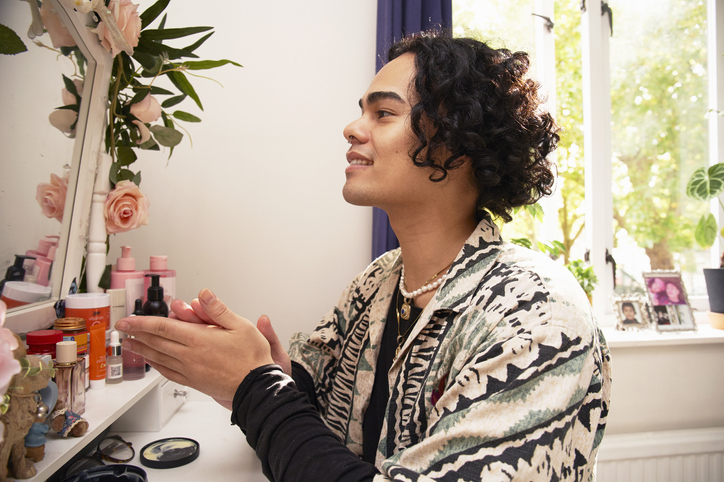
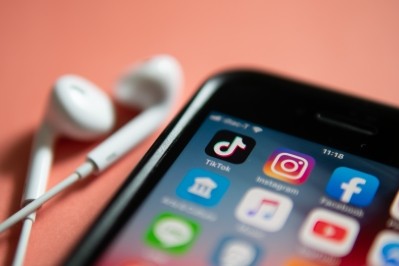
![The investment comes as beauty standards continue to morph as consumers demand products and devices that help with self-expression and building identities [Getty Images]](https://www.cosmeticsdesign-europe.com/var/wrbm_gb_food_pharma/storage/images/_aliases/wrbm_medium/publications/cosmetics/cosmeticsdesign-europe.com/article/2023/01/10/l-oreal-minority-investment-in-korea-s-prinker-to-drive-beauty-tech-for-self-expression-personalisation/16069643-1-eng-GB/L-Oreal-minority-investment-in-Korea-s-Prinker-to-drive-beauty-tech-for-self-expression-personalisation.jpg)
![Each stick covertly holds two test strips that can detect presence of Benzodiazepines – commonly used in date rape drugs like Rohypnol, Ativan, Xanax, and Klonopin – with just one drop of any beverage, alcoholic or not. The lipstick also features a Bluetooth connected 'safety' button to send alerts and messages [Getty Images]](https://www.cosmeticsdesign-europe.com/var/wrbm_gb_food_pharma/storage/images/_aliases/wrbm_medium/publications/cosmetics/cosmeticsdesign.com/article/2022/12/20/lipstick-startup-esoes-launches-smart-lipstick-with-date-rape-drug-detection-and-bluetooth-safety-button/16038944-1-eng-GB/Lipstick-startup-Esoes-launches-smart-lipstick-with-date-rape-drug-detection-and-Bluetooth-safety-button.jpg)
![Industry is going to have to turn showering on its head with new ways of washing, smart product concepts and more [Getty Images]](https://www.cosmeticsdesign-europe.com/var/wrbm_gb_food_pharma/storage/images/_aliases/wrbm_medium/publications/cosmetics/cosmeticsdesign-europe.com/article/2022/11/15/beauty-environment-trends-to-see-cold-showers-rise-so-industry-needs-to-innovate-says-hint-futurology-founder/15944933-11-eng-GB/Beauty-environment-trends-to-see-cold-showers-rise-so-industry-needs-to-innovate-says-Hint-Futurology-founder.jpg)
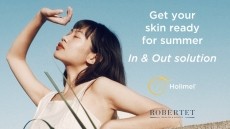
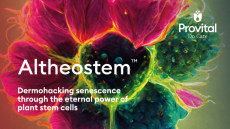

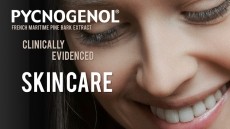


![Chinese study highlights mental health challenges in atopic dermatitis, emphasising holistic patient care. [Getty Images]](https://www.cosmeticsdesign-europe.com/var/wrbm_gb_food_pharma/storage/images/_aliases/wrbm_tiny/publications/cosmetics/cosmeticsdesign-asia.com/headlines/formulation-science/chinese-research-linking-atopic-dermatitis-to-mental-health-underscores-need-for-holistic-care/17040623-1-eng-GB/Chinese-research-linking-atopic-dermatitis-to-mental-health-underscores-need-for-holistic-care.jpg)








